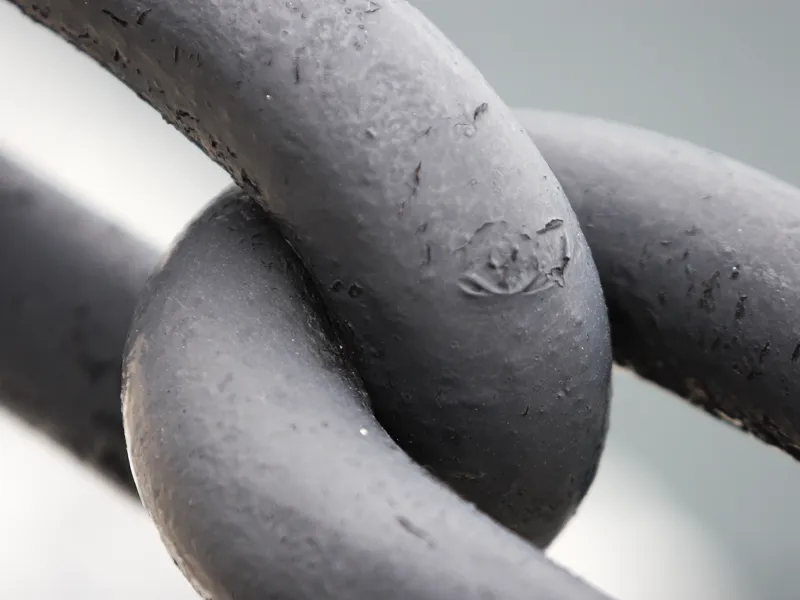Case Study: Can Biochar Help Create a Sustainable Steel?
Dec, 2024
Posted at 23:00h
in Biochar for Infrastructure: Research and Case Studies
Using biochar to replace coal and coke
The steelmaking industry is one of the largest consumers of energy and producers of global emissions, accounting for about 20% of the world’s energy use, coal and coke being the primary sources. Without sustainable alternatives, the sector’s emissions are expected to rise by 100 million tonnes by 2050. It is imperative for the industry to decarbonize and achieve more sustainable production processes. A promising step toward this is by using biochar to replace coal and coke in the steel making process.
Results:
Though research is new, a literary review by Al Hosni et al. (2024) presents key findings about the use of biochar in steel making.
- Environmental Impact: Substituting biochar for coal and coke in steelmaking can significantly reduce CO2 emissions, potentially by up to 50%.
- Feasibility: Biochar can replace 5% to 50% of coal/coke in processes like coke making, iron sintering, blast furnaces, and electric arc furnaces without negatively impacting the steelmaking process.
- Sustainability: The use of biochar supports more sustainable steel production by reducing reliance on fossil fuels and promoting a circular economy.
Source: Al Hosni et al. 2024


